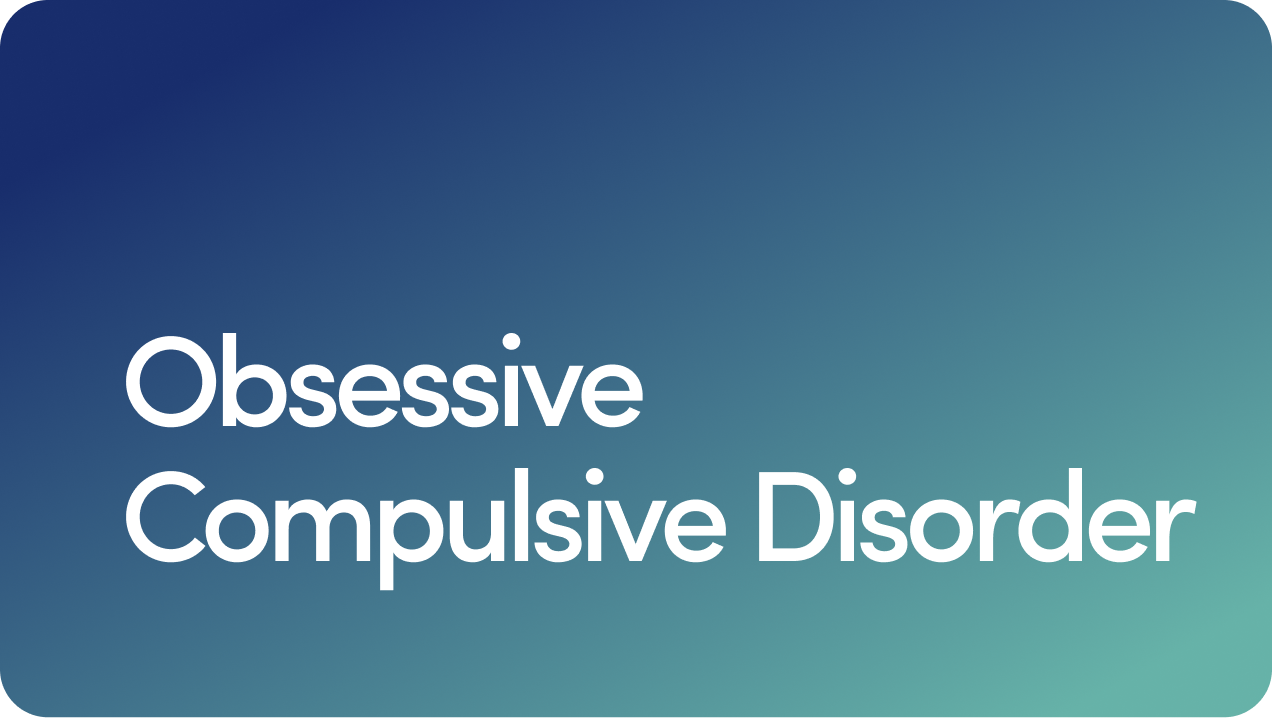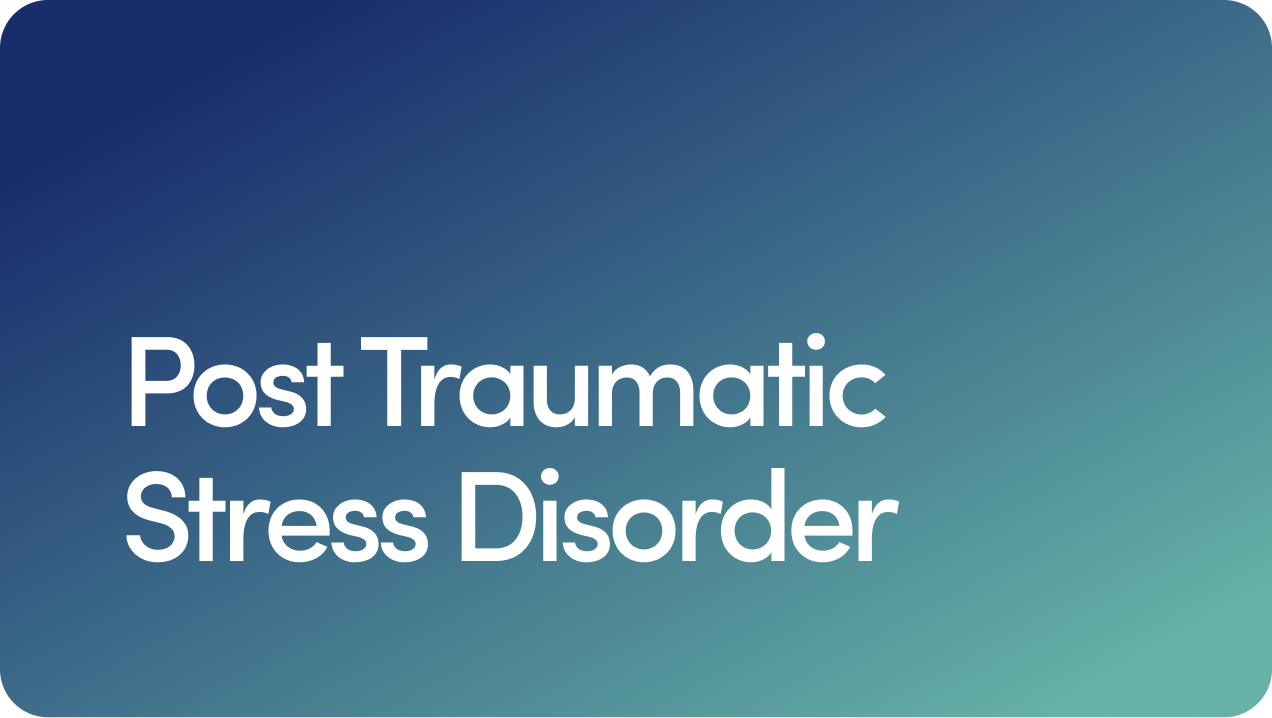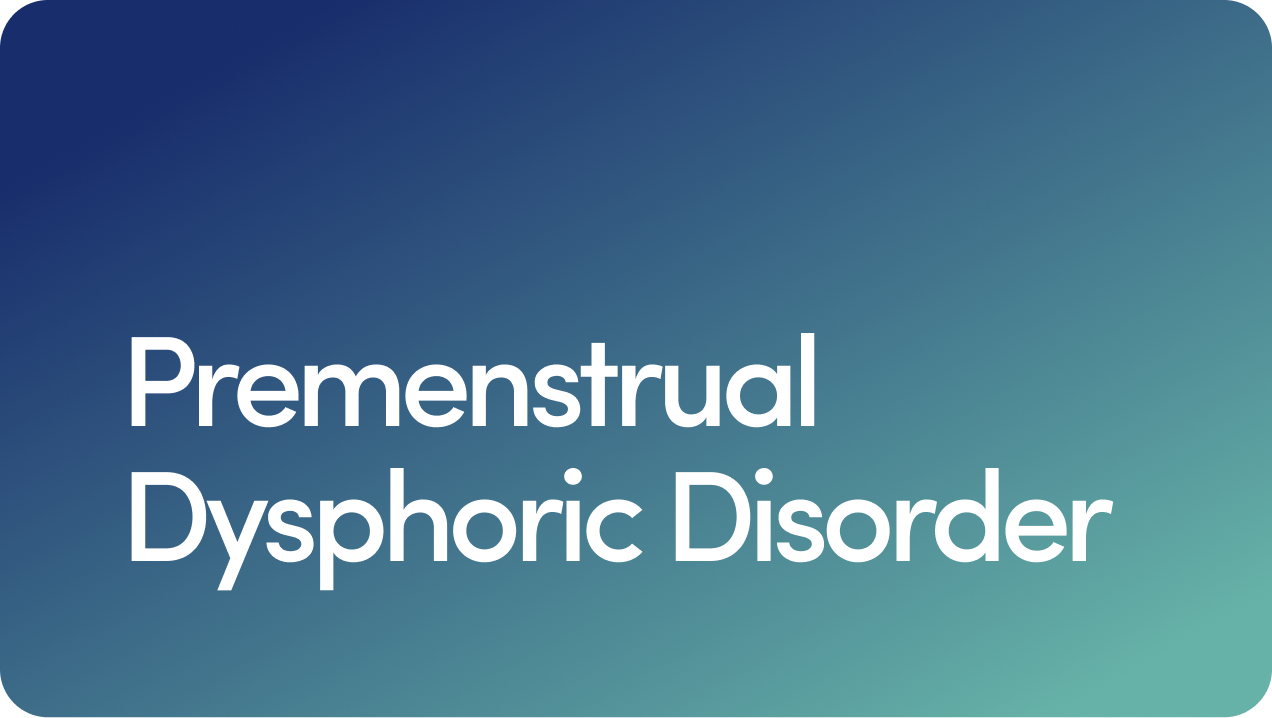Content
Free Mental Health Assessment
Celexa and Pregnancy: Is it Safe?

Women have a lot to worry about when they’re expecting a baby.
From what you eat and drink to what medications you take during pregnancy, it can feel like there are too many things to worry about. It’s no wonder, then, that you might be skeptical that Celexa and pregnancy can go together safely.
Content
Antidepressants are still being investigated for their potential risk to a fetus, but the data that has come out of testing thus far is definitely cause for concern.
And yet, at the same time, there’s also a risk for a fetus if their mother is struggling so hard with untreated depression that they can’t take care of themselves properly.
Whether you’re in this position now or worried you may find yourself there if you stop taking antidepressants during pregnancy, we can understand the anxiety.
If you’re trying to make an educated decision, we can certainly help with the “education” part by helping to break down several key factors that are important for you to understand.
Let’s start with a not-as-simple-as-it-sounds question: can you even take Celexa while pregnant?
Can You Take Celexa While Pregnant?
So first, some basics. Celexa, or citalopram as its generic form is known, is a selective serotonin reuptake inhibitor or SSRI. SSRIs are a powerful and effective antidepressant medication.
SSRIs like Celexa work by helping your brain manage its levels of serotonin more effectively, which in turn can help your brain prevent those low-low moods. You can think about it a little like this: no serotonin is bad, too much serotonin is bad, and SSRIs can help keep your level of serotonin even.
Studies have shown that Celexa can be an effective treatment for depression and psychiatric disorders like:
Eating disorders
Alcoholism
Depressive disorders, including major depression and premenstrual dysphoric disorder
Beyond those, it’s also been found to be an effective treatment for premature ejaculation in men (weird, right?).
Generally, they’re considered safe and effective when used as directed, but there are some big considerations we need to call to your attention if you’re pregnant.
If you’re pregnant or planning to get pregnant soon, those considerations might be a reason for you to avoid this medication. But they’re also not necessarily a reason to automatically discontinue using Celexa right now.
Confused? That’s understandable. Let’s take a closer look at what exactly the risks of taking Celexa while pregnant may be.
Celexa and Pregnancy: The Risks
Celexa is what is known as a category C medication. That means that while animal studies have shown some adverse effects on fetuses, no adequate studies have been done in human women.
In rat embryos, taking citalopram daily led to reduced fetal growth, low birth weight, lower survival rates and increased rates of skeletal and cardiovascular defects.
That said, there are currently no “adequate and well-controlled studies” of the adverse effects of citalopram in pregnant women according to the FDA, which means little is known about its risk in humans. In short, more research is needed.
For the time being, most pregnant women are advised to cease taking citalopram for the health and safety of their embryo or fetus.
There are, however, some exceptions to note. If they apply to you, your answer might not be so simple.
According to the FDA, the only circumstances in which citalopram should be taken during pregnancy is if the potential benefits outweigh or justify the risks to the fetus.
What that means depends on your unique circumstances and needs.
For instance, a healthcare professional might recommend that you continue using Celexa if your mental health can become too bad to cope with if you don’t take an antidepressant.
People who experience suicidal thoughts, for instance, might be better served taking the medication because the alternative could pose a life-threatening risk to both the fetus and the mother.
Likewise, if your depression, generalized anxiety disorder or another mental illness is severe to the point that your health might be jeopardized if you stop taking Celexa, it might be better for you to continue taking it.
Eating disorders and alcoholism being managed by citalopram might also pose serious risks to the healthy development of a fetus or embryo, especially if the result of discontinuing your depression or anxiety medication is that you backslide into those behaviors.
There are, to put it bluntly, a lot more clinical studies showing the harmful effects of alcohol on a fetus than Celexa (at the moment, anyway).
If your mental health condition means you might not be able to adequately care for yourself — such as struggling to eat or maintain an appropriate quality of life — without medication, continuing to take an antidepressant drug like Celexa throughout your pregnancy might be the right course of action for you. In these cases, the potential danger far outweighs the current known risks.
In short, you can’t really know what the big-picture risks are without some counsel, and most people aren’t in a position to make a decision about their medication without guidance from a medical professional.
Discontinuing Celexa isn’t something you should do without a healthcare provider’s supervision. Depending on your dosage, they may wean you off gradually to reduce your chance of withdrawal symptoms — which can be serious.
What we’re getting at here is this: don’t panic, and don’t do anything rash like flushing your prescription. The first thing you should do isn’t act — it’s talk.
Celexa and Pregnancy: Next Steps
Adverse reactions to medications are a reality of modern medicine, but when those adverse outcomes may affect your baby through prenatal exposure to medication, it’s a risk many women are less willing to take.
After all, treatment of depression and other psychiatric disorders with medication isn’t necessarily a “win” if it causes intense anxiety about the risk of the effects of antidepressants on your baby.
If you’re concerned about the risks of taking Celexa or other SSRIs during pregnancy, your next step isn’t dumping pills in the toilet — it’s talking to a healthcare provider.
You’ll want to talk through common questions about withdrawal syndrome, relapse rates and the effects of abrupt discontinuation, so that solutions can be tailored to your unique needs, depressive symptoms and your actual depression during pregnancy.
You’ll also want to talk about your plans for medication while breastfeeding, as antidepressant exposure from breastfeeding has been linked to weight loss and poor feeding, risk of serotonin syndrome, constant crying and more. Read our guide to the risks of breastfeeding while on antidepressants to learn more.
Cards on the table: there really are a lot of things to worry about as an expectant mother. But getting guidance, support and medical advice from a professional is often the difference between the right choice and the almost right choice.
If your goal is to make the right choices, the first thing you should choose to do is get professional support.
If you’re not sure where to go, there are plenty of resources available. Consider our own platform — we offer mental health resources and online therapy in a convenient, easy-to-access format, so you can get the answers you need from wherever you are.
Whether it’s us or someone else though, have the conversation today. It’ll be the best thing for you and anyone who may be arriving in the future.
5 Sources
Hims & Hers has strict sourcing guidelines to ensure our content is accurate and current. We rely on peer-reviewed studies, academic research institutions, and medical associations. We strive to use primary sources and refrain from using tertiary references.
- Celexa® (citalopram hydrobromide) tablets/oral solution. (n.d.). Retrieved August 24, 2022, from https://www.accessdata.fda.gov/drugsatfda_docs/label/2012/020822s042,021046s019lbl.pdf.
- U.S. National Library of Medicine. (n.d.). Citalopram: Medlineplus drug information. MedlinePlus. Retrieved August 23, 2022, from https://medlineplus.gov/druginfo/meds/a699001.html.
- U.S. Department of Health and Human Services. (n.d.). Fetal alcohol exposure. National Institute on Alcohol Abuse and Alcoholism. Retrieved September 14, 2022, from https://www.niaaa.nih.gov/publications/brochures-and-fact-sheets/fetal-alcohol-exposure.
- Cayan S, Serefoğlu EC. Advances in treating premature ejaculation. F1000Prime Rep. 2014 Jul 8;6:55. doi: 10.12703/P6-55. PMID: 25184045; PMCID: PMC4108949. https://www.ncbi.nlm.nih.gov/pmc/articles/PMC4108949/.
- FDA Pregnancy Categories (n.d.). Retrieved from https://www.drugs.com/pregnancy-categories.html#:~:text=Category%20C
This article is for informational purposes only and does not constitute medical advice. The information contained herein is not a substitute for and should never be relied upon for professional medical advice. Always talk to your doctor about the risks and benefits of any treatment. Learn more about our editorial standards here.
Related Articles
Related Conditions
 Anxiety
Anxiety
 Depression
Depression
 OCD
OCD
 PTSD
PTSD
 Bipolar Disorder
Bipolar Disorder
 Premenstrual Dysphoric Disorder
Premenstrual Dysphoric Disorder